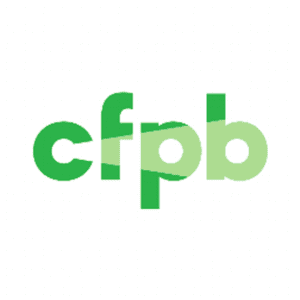 The Consumer Financial Protection Bureau (CFPB) announced a new policy statement that provides a framework on how it will apply the “abusiveness” standard under the Dodd-Frank Act. The Dodd-Frank Act is a federal law that prohibits providers of consumer financial products and services from committing abusive acts or practices. Through its statement, the federal agency aimed to clarify the uncertainty regarding the scope and meaning of abusiveness. Section 1031(d) of the Dodd-Frank Act provides nonexclusive list of actions or practices that may be considered abusive and forms a general standard for what may be a prohibited practice under the law. However, it has been argued that this general standard is insufficient guidance as to when a business practice will be considered “abusive” because the challenged conduct may also be considered “unfair” or “deceptive” under the law.
The Consumer Financial Protection Bureau (CFPB) announced a new policy statement that provides a framework on how it will apply the “abusiveness” standard under the Dodd-Frank Act. The Dodd-Frank Act is a federal law that prohibits providers of consumer financial products and services from committing abusive acts or practices. Through its statement, the federal agency aimed to clarify the uncertainty regarding the scope and meaning of abusiveness. Section 1031(d) of the Dodd-Frank Act provides nonexclusive list of actions or practices that may be considered abusive and forms a general standard for what may be a prohibited practice under the law. However, it has been argued that this general standard is insufficient guidance as to when a business practice will be considered “abusive” because the challenged conduct may also be considered “unfair” or “deceptive” under the law.
The policy statement introduces three principles that will be considered when evaluating what constitutes an abusive act or practice:
focusing the challenges to conduct as abusive where the harm to consumers outweighs the benefits
avoiding “dual pleading” of abusiveness and deceptiveness or unfairness violations that rely on “all or nearly all the same facts” and alleging stand-alone abusiveness violations that show a clear nexus between the facts and the conduct alleged
limiting monetary relief in abusiveness enforcement actions only where there has been a lack of good faith effort to comply with the law
With these overarching principles in mind, the CFPB stated that it intends to provide further clarity in its supervision and enforcement activities to define whether a “covered person has violated the abusiveness standard.” Ultimately, the CFPB’s goal in issuing this statement is to further define the statutory standard and provide transparency to the conduct that the Bureau deems to be in violation of the abusiveness standard.
